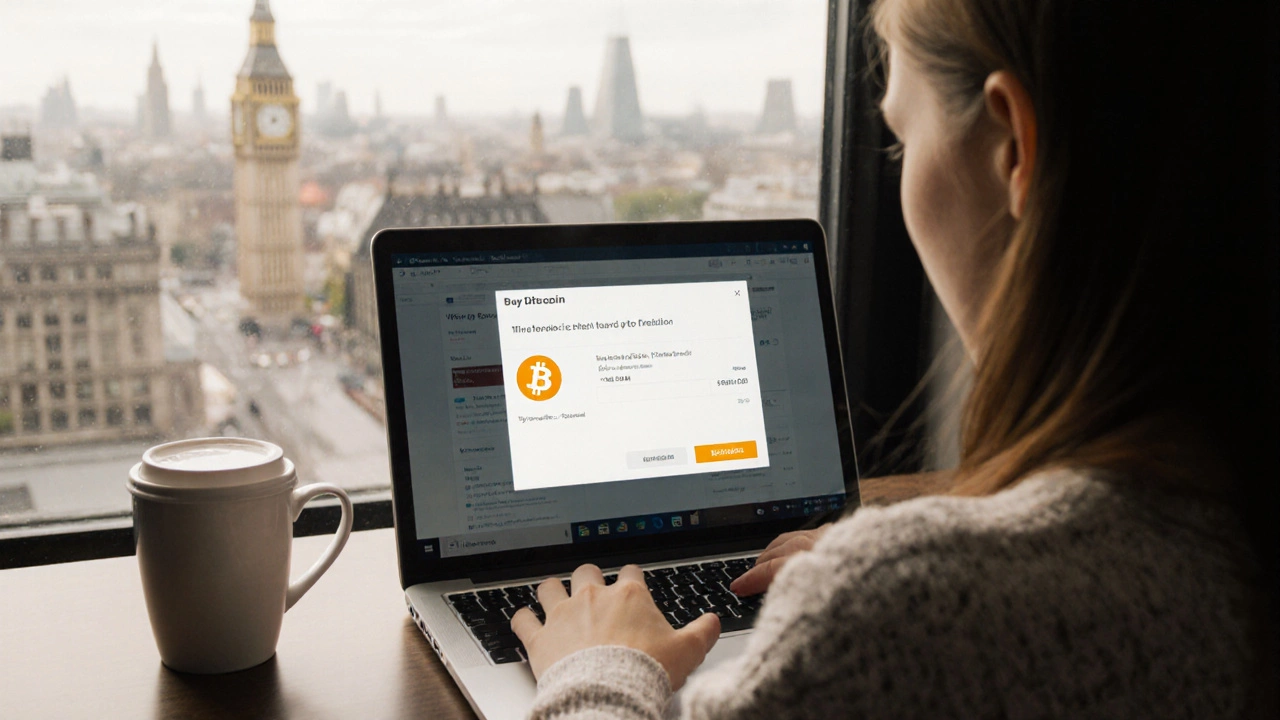Bitcoin Mining: How It Works, Risks, and What You Need to Know
When you hear Bitcoin mining, the process of validating Bitcoin transactions and adding them to the public ledger using powerful computers. Also known as cryptocurrency mining, it's the backbone of the Bitcoin network—but it's not a get-rich-quick scheme. Every ten minutes, a new block of transactions is confirmed by miners who solve complex math problems. In return, they earn newly created Bitcoin and transaction fees. But here’s the catch: the easier it was to mine Bitcoin in 2010, the harder it is today. What once took a laptop now needs specialized machines, massive electricity, and serious technical know-how.
Most people don’t realize that Bitcoin hardware, specialized machines called ASICs designed only for mining Bitcoin cost thousands of dollars and eat up as much power as a small refrigerator. Then there’s mining rewards, the Bitcoin payout miners receive for solving blocks. It started at 50 BTC per block. Now it’s 3.125 BTC—and it cuts in half roughly every four years. That’s called the halving. Even if you could afford the gear, the reward keeps shrinking while electricity prices climb. In places like the UK, where energy costs are high, many miners operate at a loss unless they have cheap power or use renewable sources.
And let’s not forget the noise, heat, and upkeep. These machines run 24/7, wear out fast, and need constant cooling. You’re not just buying a computer—you’re running a small industrial operation in your garage. Some try to mine with old GPUs, but they’re too slow and inefficient. Others join mining pools to share rewards, but even then, profits are slim after fees and power bills. If you’re thinking about jumping in, ask yourself: are you mining Bitcoin, or just paying to play?
The posts below break down what actually happens behind the scenes. You’ll find real talk on how much electricity it takes, why your home setup won’t make money, what gear actually works, and how mining fits into the bigger crypto picture. No hype. No fluff. Just what you need to know before you spend a dime.
Who Gets the Money When You Buy Bitcoin? The Real Players Behind the Transaction

When you buy Bitcoin, the money goes to the seller-not a company or miner. Understand who really benefits and how exchanges, peer-to-peer trades, and mining fit into the picture.
Read More >>